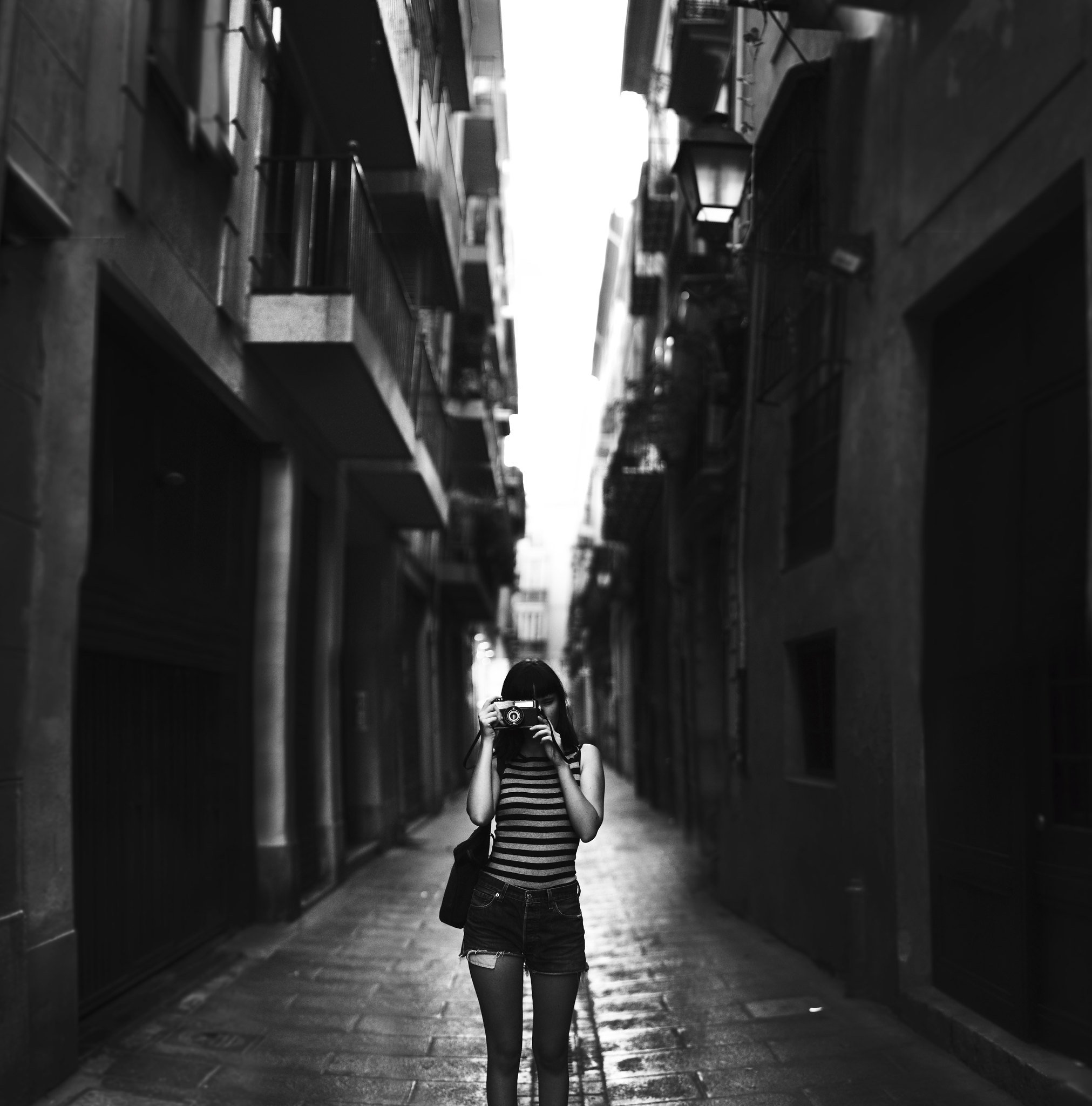It’s 2 a.m. and I put the glass to my mouth again, but my bourbon is gone. I shake it, as if that will make the bourbon magically reappear, as if the glass is some grown-up version of Strega Nona’s pasta pot that would brim with alcohol if only I could remember the incantation. The streetlight outside my office window shutters out, the same way it does when I walk the dog under it with my flashlight on. Nothing moves out there. Even the neighborhood cat has stilled himself, even the branches of the tree in the front yard are motionless when an owl settles in.
The wind, the chimneys, the chickens next door—all are still, all are quiet, and I turn back to the computer, reread the sentences I just wrote: In this chapter, I am more interested in examining the intersection between racial hybridity, sexual objectification, and expressions of desire in the novels of Nella Larsen and Pauline Hopkins than I am in treating those categories in isolation. I’d like to turn now to an exploration of how those representations manifest jointly in each text in the form of what I call ‘radical quiet’.
Rough. It’s a roadmap, though. I tongue the rim of my glass. Somewhere in the kitchen downstairs is the bottle of Elijah Craig I cracked an hour ago. I want to go down for a refill, but I won’t let myself. I will sit here, in this chair, I will look out at the quiet and dark, and I will crank out a few more sentences. Only then will I let myself get up and pour another finger or two.
I start with the OED, write the frame and the first definition: my use of this term incorporates some of the traditional associations that we have with the word: causing little disturbance. I think of the quiet of walking down the wooden stairs at night, of stepping on the edges of the boards in the deep dark so I won’t wake my family. I write: being placid or gentle. This is the quiet of running my fingers through my sleeping children’s hair. I write: being still or muted. The quiet of using my vibrator in the dark of my bed with a pillow in my mouth so my husband won’t hear. The quiet of coming alone. The quiet of the room after I turn the vibrator off, as the faint mechanical buzzing fades from the air, just before I begin to cry. And this: the idea of something clandestine, secret or confidential. I take my hands from my keyboard and put them over my eyes. Only then can I see it: the quiet of the first DM. The quiet of hundreds, until 3 or 4 or 5 a.m. The quiet of the compliments. The quiet of the question. The photos taken with the phone on silent. The words he sends, better than a tongue in my ear, the sentences he strings together without making a sound that still make me wet, that make me put my hand inside my panties, that are the only thing that can make me come hard enough to bring joy instead of fill me with grief. The first meeting, how we fill our mouths with skin so we won’t have to speak. The second, where I tie him up, where the only sound is my fingernail scratching the safety word into the skin of his thigh. The rest, where our mouths have learned that there are far more interesting things to do than talk. I take my hands away from my eyes, and all of it disappears, all of it just an imagining, all of it quiet, all of it still.
I write a few more sentences: I also suggest a definition that is an expansion of Kevin Quashie’s term detailed in The Sovereignty of Quiet: an interiority that exists behind the moments of seeming quiet in these texts and that implies not just a stay from the world, but a place where the characters can resist cultural imperatives and plan next steps. Quiet, then, becomes not just about an absence of sound or speech, but a representation of the fullness of interior life.
Downstairs in the kitchen, the lights are still on. I turn them off and fill my glass with bourbon. I sip. My eyes adjust. And only then can I see it: the neighborhood cat, slinking along the side of someone’s house. The branches of the tree, shuddering as the owl lifts his wings. The leaves of the maple tree in the moonlight as the wind moves through them. The chimneys hissing steam and the chickens clucking and rustling against one another. All of them quiet, all of them creeping around under the cover of dark. When I climb the stairs again, I’ll take out my pen and my journal, and I’ll put them there, where I hide all the quiet things, where the press of the pen to the page is making them slowly, slowly rise to a clamor. I bring the glass to my lips, but it’s empty again. I run my tongue along the rim, circling again and again, but I cannot find the end of it.
—
Megan Pillow Davis is a graduate of the University of Iowa Writers’ Workshop in fiction and is currently a doctoral candidate in the University of Kentucky’s English Department. Her work has appeared recently in, among other places, Electric Literature, SmokeLong Quarterly, X-R-A-Y Literary, and Hobart and is forthcoming in Jellyfish Review, Pithead Chapel, and Brevity. She has received fellowships from Pen Parentis and the Martha’s Vineyard Institute of Creative Writing and a residency from the Ragdale Foundation. She is currently writing her dissertation and a novel. You can find her on Twitter at @megpillow.
Artwork by: Sergio Cabezas

